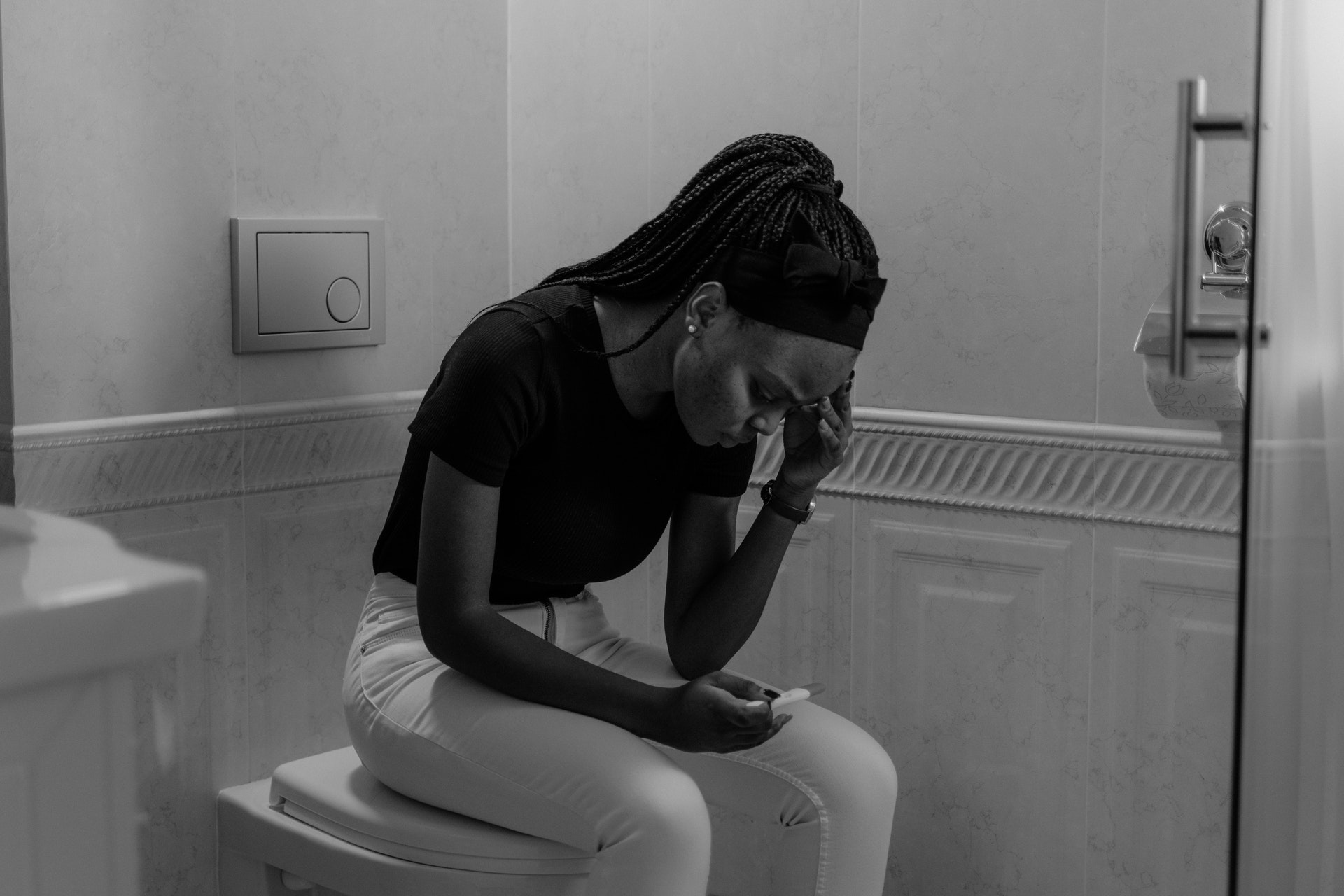Are We Really Having This Conversation in 2022?
There has been an ongoing uproar about the Supreme Court’s vote to reverse Roe v. Wade. In a leaked initial draft majority opinion written by Justice Samuel Alito circulated inside the court and obtained by POLITICO, there was a clear indication that the overturn had strong chances of success. Roe v. Wade was first established in 1978 and gave pregnant women the constitutional right to have abortions without restriction from the government. Ironically, the 1973 report was leaked too. The majority opinion to overturn Roe v. Wade is problematic for many reasons.
A Public Helth Emergency
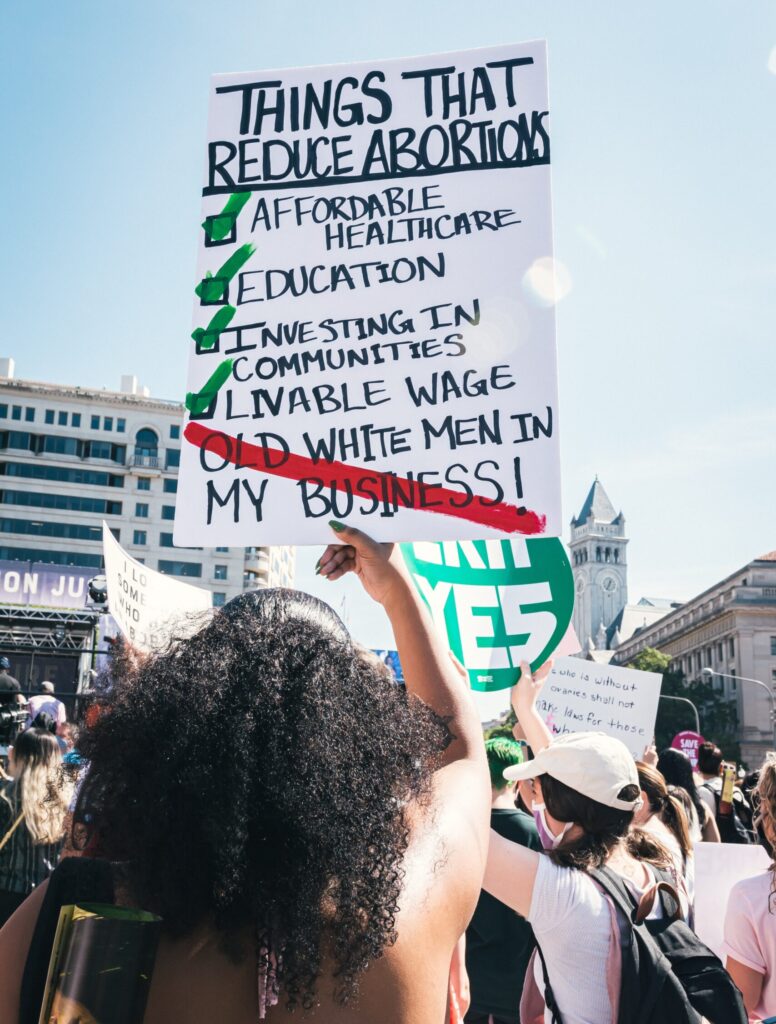
If this overturn goes into effect, it will become a health and human rights emergency, whether or not it is constitutional. Women reserve the right to make decisions about their bodies based on their healthcare history, familial health history and race. It is no surprise that Black women always experience the shorter end of the stick in the United States as far as maternal health is concerned, and we all need to be alarmed. Some old, white men in Washington should not be able to make decisions about Black bodies are predisposed to trauma in the childbirth process. Many Black women like me who have experienced near-death birthing experiences multiple times should have the option of having an abortion if they know from the start that going through a 9-month pregnancy can possibly lead to their death.
The Effect on Black and Brown Women
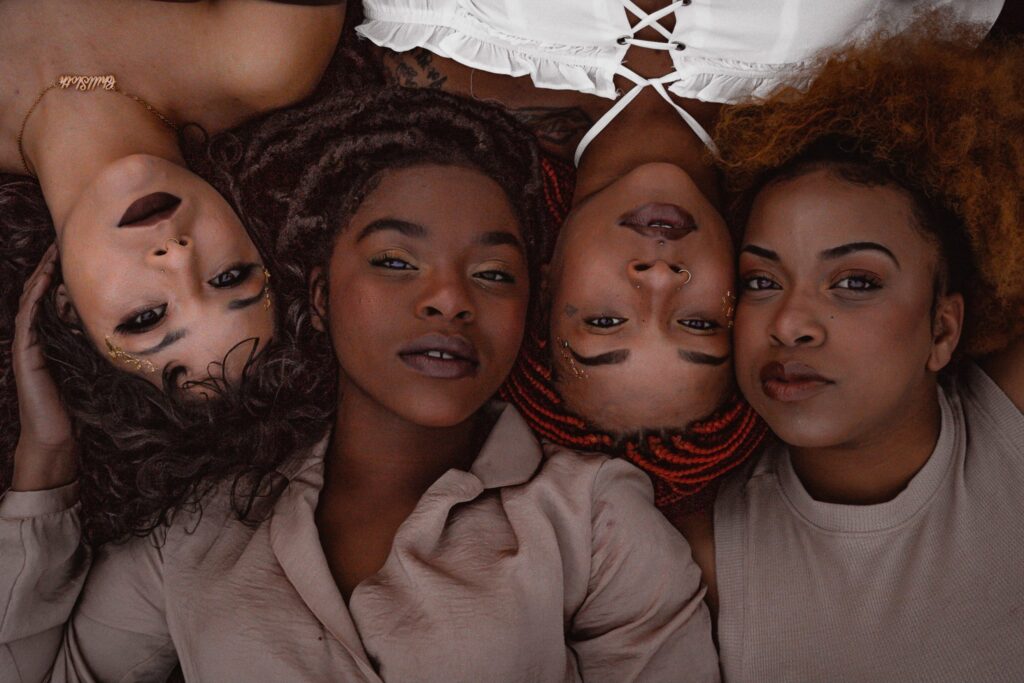
The decision will affect many women, especially women of color, who continue to suffer the most severe gender wage gap in the United States. Women of color are the most vulnerable to decisions like these because of the undeniable effects of racism, ethnic and gender biases. According to research, these are primary factors that directly influence the economic status of Black and brown women. Additionally, Black women have a higher likelihood of getting sexually assaulted or raped. These violations can often lead to unwanted pregnancies. Why should a woman not have the option to terminate a pregnancy that was conjured by trauma and pain?
Revoked Power
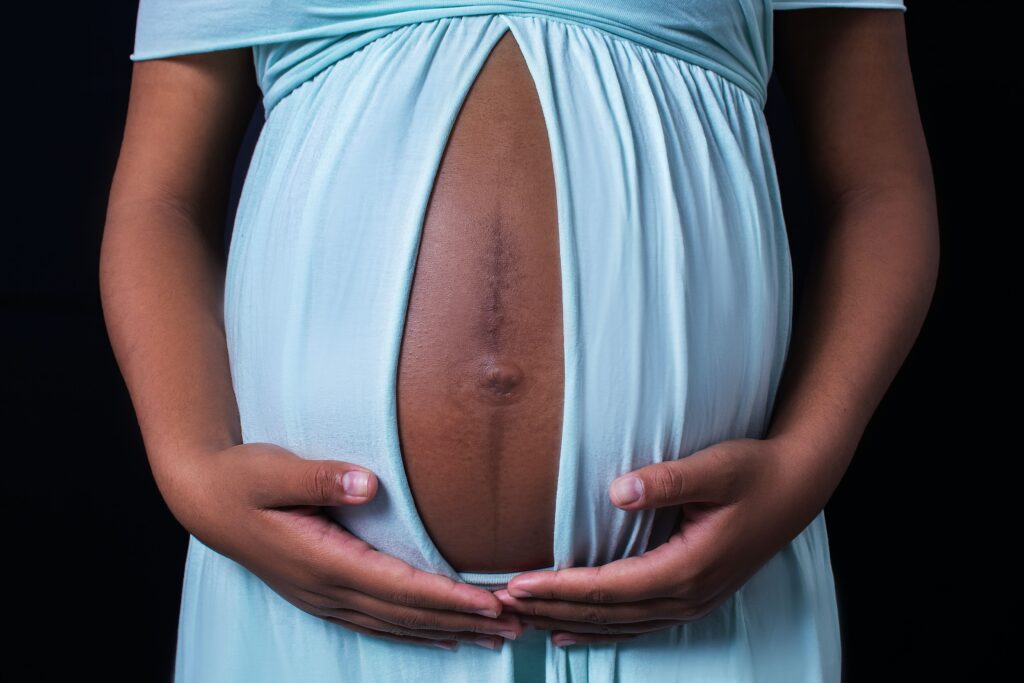
A law that will restrict women from the right to choose whether or not to procreate will take away the rights of women in general but also revoke the limited autonomy that Black and brown women still have: the power to make decisions about their reproductive health. Women bear the brunt of devastating decisions like these. for almost 50 years, Roe v. Wade has protected women who have made decisions to have abortions for personal and health reasons. Why change it now?
Healthcare Disparity
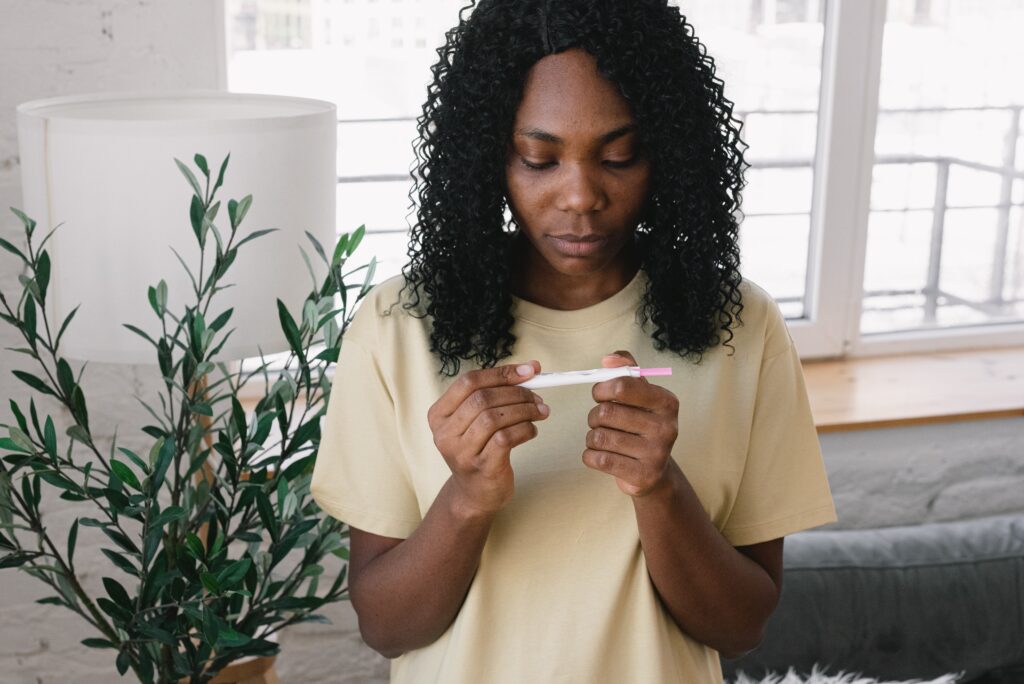
Previous reports from the CDC showed that Black women were two to three more likely to experience maternal mortality than white women. However, new research shows that that number may be even larger than initially reported. The healthcare disparity and healthcare racism and other complications Black women face makes overturning Roe v. Wade problematic. The decision will put Black women at a higher risk of losing their lives since the healthcare system has historically never favored them by forcing women to mandatory pregnancy, delivery, and postpartum. If a significant portion of Black women’s deaths in complicated pregnancies can be prevented, then they should have the right to do so, as they have been doing for the last 49 years.
Lack of Care
A lack of access to care and poor quality of care plays a role in the disparity, especially among women at lower socioeconomic levels, who often tend to be Black women. The harsh reality is that Black women are not as closely monitored as white women are during pregnancy. When they share their concerns about pain or symptoms, they are gaslighted, dismissed and even ridiculed. Black women have historically been treated as afterthoughts, and there is a general unspoken consensus in the white medical world that the lives of Black women are not as important and not worth saving, but our lives do matter, and that is why we must continue to advocate for ourselves no matter what.
View this post on Instagram
The Numbers Never Lie
Numerous scientific research have shown Black women are more likely to be predisposed to pregnancy-related complications like preeclampsia, gestational diabetes, preterm labor, postpartum hemorrhage, eclampsia and a host of others. Beyoncé also shared her struggle with preeclampsia during her pregnancy. That in itself is a jarring reminder that healthcare disparity does not favor celebrity or power; a Black woman is naturally predisposed to these issues, regardless of her status or position in the world. Serena Williams also spoke out about her pregnancy complications and how she was dismissed by hospital staff when she complained about pain and discomfort.
It is stunning that we are still having this conversation in 2022. Despite the strides that have been taken toward human rights, civil rights, and racial disparity, the recent events are a clear indication that we have taken 50 steps forward and 100 steps backward.
View this post on Instagram
